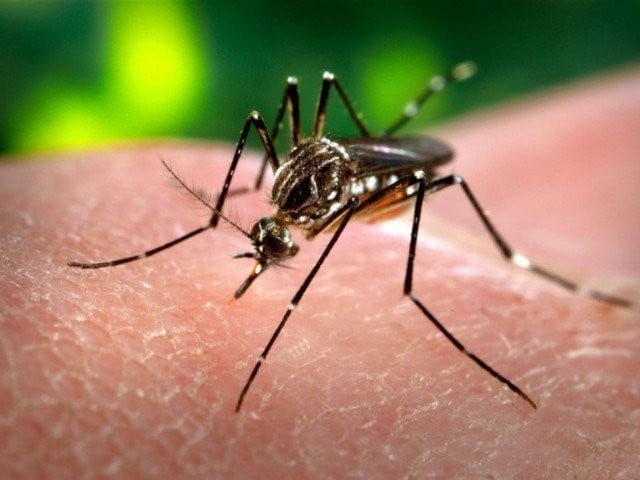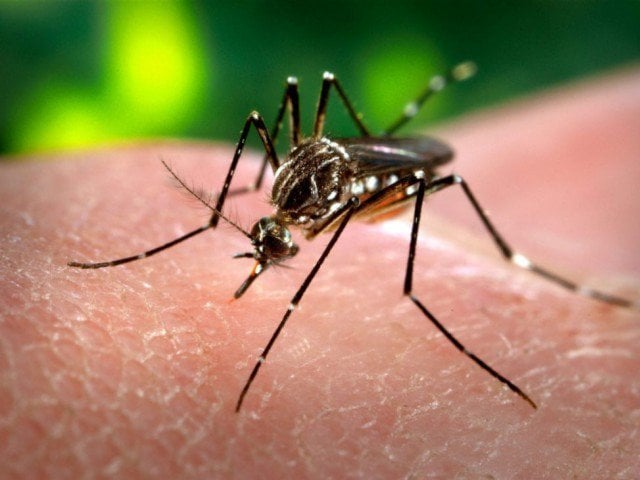
The World Health Organization has warned about the global threat of dengue for the second time in a year. Photo: File
Geneva: The World Health Organization (WHO) has said that due to climate change and global warming, the number of dengue patients around the world has reached a new record.
The WHO has said that an eight-fold increase in global dengue cases is expected by 2022 compared to 2000, and the mosquito-borne disease may set an unprecedented new record this year. Experts attribute the simple reason to rising temperatures that are setting new record targets.
As evidence, dengue patients have been found for the first time in Khartoum, the capital of Sudan, its cases have increased in Europe, while a state of emergency has been imposed in Peru due to dengue fever.
Earlier also in January 2023, the agency had issued a warning statement that dengue was spreading rapidly and there was a risk of spreading like an epidemic.
Half of the world’s population is at risk
World Health Organization expert Dr. Raman Velayavdan says that half of the world’s population is affected by this terrible disease. This is because the heat is increasing both the number and spread of mosquitoes.
According to WHO, more than 5.2 lakh cases of dengue were registered in 129 countries in 2019, which is a huge number and a new record. But this year, especially due to the Asian monsoon, this number may reach 4 million. He has also stated the reason for this is global warming. However, the death rate among infected people is still around one percent, which is a welcome development.
(function(d, s, id){
var js, fjs = d.getElementsByTagName(s)[0];
if (d.getElementById(id)) {return;}
js = d.createElement(s); js.id = id;
js.src = “//connect.facebook.net/en_US/sdk.js#xfbml=1&version=v2.3&appId=770767426360150”;
fjs.parentNode.insertBefore(js, fjs);
}(document, ‘script’, ‘facebook-jssdk’));
(function(d, s, id) {
var js, fjs = d.getElementsByTagName(s)[0];
if (d.getElementById(id)) return;
js = d.createElement(s); js.id = id;
js.src = “//connect.facebook.net/en_GB/sdk.js#xfbml=1&version=v2.7”;
fjs.parentNode.insertBefore(js, fjs);
}(document, ‘script’, ‘facebook-jssdk’));



